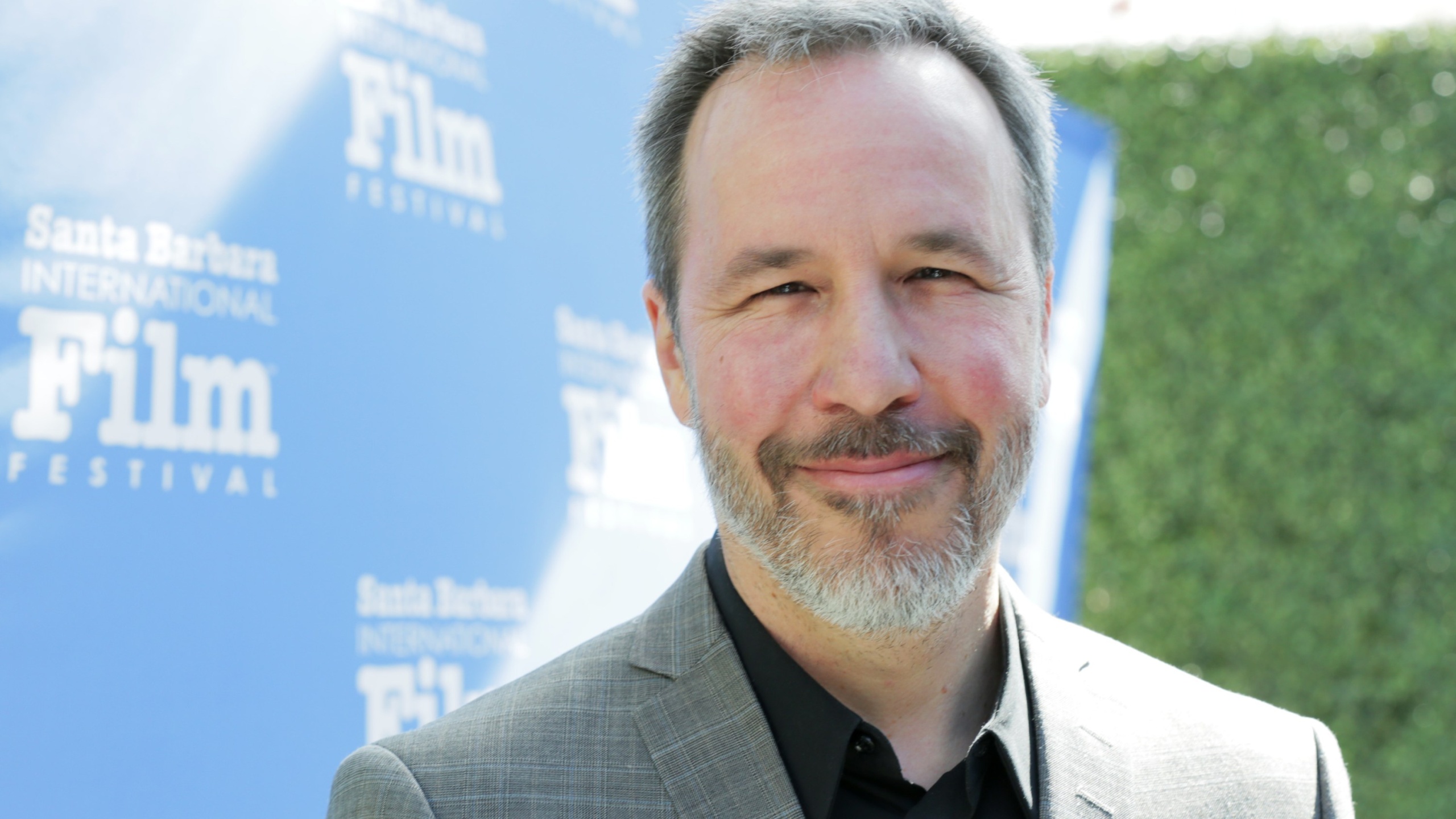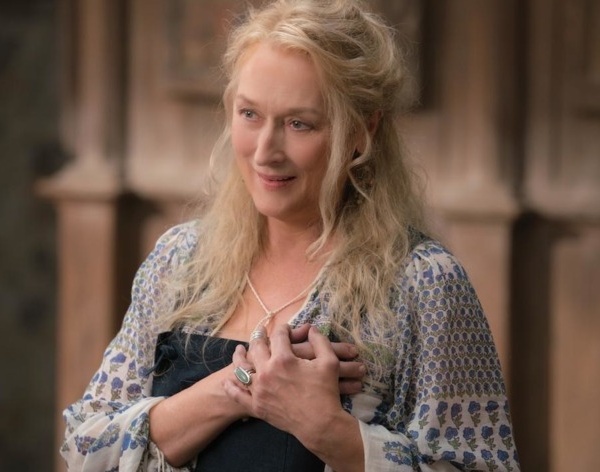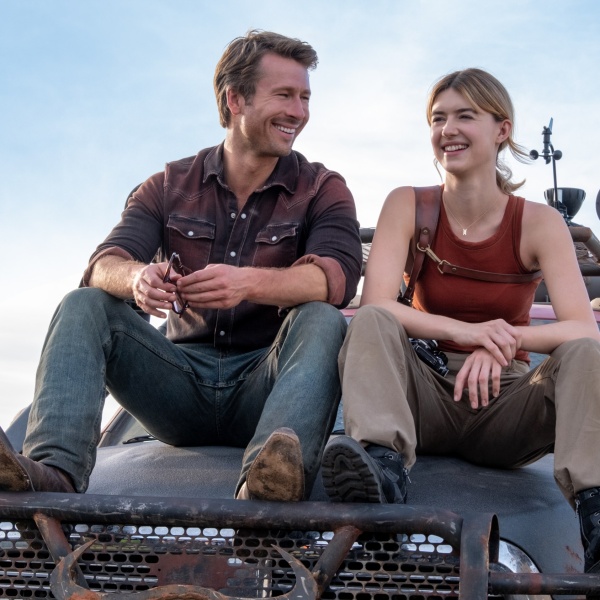Denis Villeneuve is joining the chorus of auteurs discussing the state of cinema in today’s Hollywood.
The “Dune: Part Two” director told Time magazine that while he is confident movie theaters will “prevail,” there is skepticism around filmmakers being beholden to “algorithms” when it comes to creativity.
“Cinema, since its beginning, has had multiple crises,” Villeneuve said. “There’s always an adjustment, but the river still keeps flowing. The theatrical experience is here for good. It will prevail, it will transform.”
Villeneuve continued that he is less concerned about AI “than the fact that we behave like algorithms, as filmmakers.”
“We’re in a very conservative time; creativity is restricted,” he said. “Everything’s about Wall Street. What will save cinema is freedom and taking risks. And you feel the audience is excited when they see something they haven’t seen before.”
Villeneuve additionally confirmed that a potential “‘Dune: Messiah’ should be the last ‘Dune’ movie for me,” completing a trilogy of adapting the sci-fi novels. A script for “Dune: Messiah” is nearly finished, according to Villeneuve back in December. “Dune: Part Two” releases in theaters March 1, a year and a half after “Dune: Part One” opened in October 2021. Both films are set up at Warner Bros.
“I was trying to be, as a filmmaker, as invisible as possible,” Villeneuve said of his approach to the beloved IP. “I tried my best to keep the poetry of the book, the atmosphere, the colors, the smell, everything that I felt when I read the book. I tried.”
Villeneuve’s comments echo director Richard Linklater’s remarks to The Hollywood Reporter out of the 2023 Venice Film Festival. Linklater bemoaned the term “content” when it comes to films, saying, “But that’s what happens when you let tech people take over your industry.”
Linklater added, “The way distribution has fallen off. Sadly, it’s mostly just the audience. Is there a new generation that really values cinema anymore? It feels like it’s gone with the wind — or gone with the algorithm. Sometimes I’ll talk to some of my contemporaries who I came up with during the 1990s, and we’ll go, ‘Oh my God, we could never get that done today.’ So, on the one hand, selfishly, you think, ‘I guess I was born at the right time. I was able to participate in what always feels like the last good era for filmmaking.’ And then you hope for a better day.”




